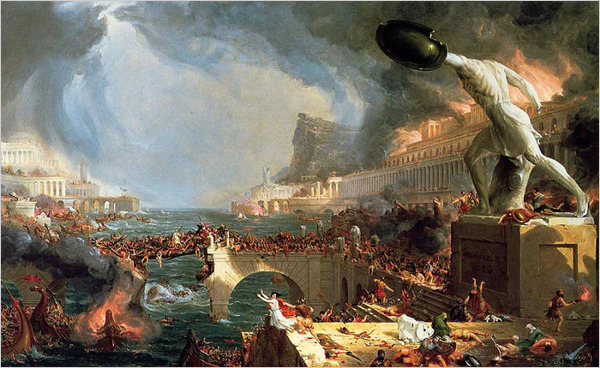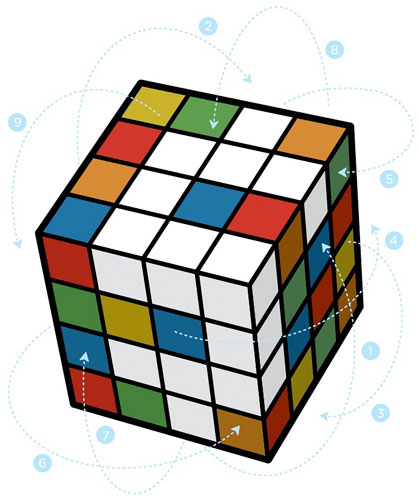| Want to send this page or a link to a friend? Click on mail at the top of this window. |
| More Books and Arts |
| Posted May 3, 2010 |
|
It's Complicated |
|
|
|
|
 |
|
| As Went the Romans? Thomas Cole's Course of Empire: Destruction |
| Complexity used to be so simple. It |
| meant progress. We liked it. Now we're |
| not so sure. It gives us a headache. |
|
By DAVID SEGAL |
 |
|
CHRISTOPH NEIMAN |
| Wehaitians.com, the scholarly journal of democracy and human rights |
| More from wehaitians.com |